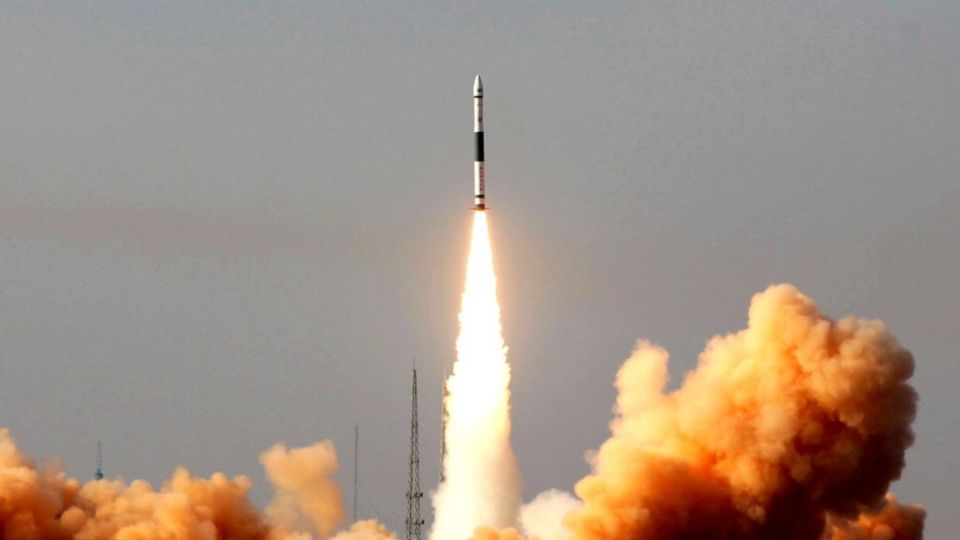March 18, 2019
Japan is planning on developing long range anti-ship missiles for self defense purposes.
The Defense Ministry has made a policy decision to develop the nation’s first domestically manufactured air-to-ship long-range cruise missile, to be mounted on Air Self-Defense Force fighter jets and capable of attacking a warship from outside of an adversary’s range.
The new missile, which is to be developed in response to the rapid advance in the strike capability of the Chinese Navy, will reinforce Japan’s deterrence by extending the shooting range to more than 400 kilometers. The ministry aims to put the new missile into practical use within a few years, government sources said.
The new missile is considered to be of a “standoff defense capability,” enabling attacks from beyond the range of adversaries. Standoff defense capability was stipulated in the new National Defense Program Guidelines adopted by the Cabinet last December.
The Defense Ministry completed development of the supersonic air-to-ship ASM-3 missile in fiscal 2017. Mounted on an ASDF F-2 fighter jet, the missile is capable of flying at Mach 3, or about 3 times faster than the conventional, domestic anti-ship missiles.
The missile is considered least vulnerable to an adversary’s interception because of its speed, but its range is believed to be only from about 100 kilometers up to about 200 kilometers.
The new missile is envisaged to have a range of over 400 kilometers by making improvements to such things as the fuel-load of ASM-3 missiles, with the improved capability of anti-air missiles mounted on Chinese warships in mind.
In the 2000s, China debuted a high-performance warship dubbed the “Chinese Aegis destroyer,” which is mounted with missiles with an estimated range of about 150 kilometers. Between 2013 to 2018 alone, more than 15 such destroyers are said to have gone into commission, and the number is expected to rise further.
The ASM-3 missile, whose full-fledged development began in fiscal 2010, has a reduced range equivalent to that of Japan’s existing missiles because of “a political consideration that [a missile with a greater range] could be perceived as one capable of striking enemy bases,” a senior Defense Ministry official has said.
However, in order to effectively counter a missile strike launched by the Chinese Navy, a missile with double the range of the ASM-3 is considered necessary.
The short range of the ASM-3, whose development has been completed, has been questioned even within the Defense Ministry, so the ministry did not include procurement of the missiles in its draft budgets for fiscal 2018 and 2019. The ministry is considering incorporating the spending on the new missile development in its budget for fiscal 2020, at the earliest.


